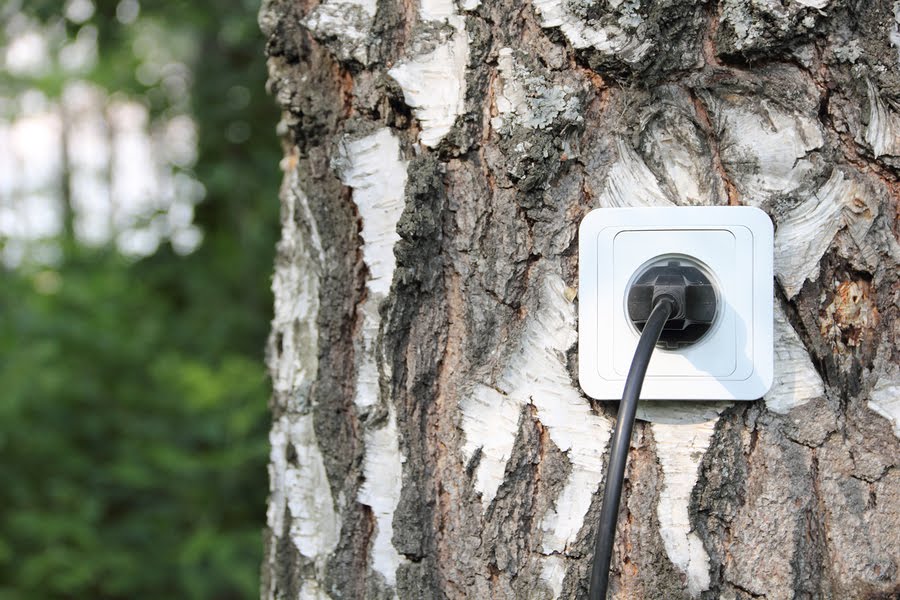The
True Value of Eucalyptus
Traditionally
used in the charcoal and pulp paper industry, the new developments in
the use of Eucalyptus biomass to create a cleaner fuel source have
led to the creation of a whole new interest in an outstanding
species.
Focusing
on high rain fall areas such as the Amazon and Brazil, the use of
Eucalyptus to create a sustainable energy source has brought to light
the benefit of Eucalyptus both for the environment and the economy as
a whole.
Thanks
to its rapid growing nature, Eucalyptus is the perfect material to
create a biomass product that is more effective and more efficient
than fossil alternatives.
Not
only does it occur organically in many parts of the globe and act as
a natural windbreak, but Eucalyptus also has the ability to grow on
areas that have been previously deforested. This enables the
reintroduction of green into areas that have been left baron and also
protects vital areas of forest from further farming where Eucalyptus
can be more efficiently and more effectively produced.
As
a result, the Eucalyptus growing industry are now working closely
with the indigenous people and local governments in certain
landscapes to identify areas of land that the natives are willing to
donate to Eucalyptus plantations in order to exploit the benefits
that such production brings to the area and protect their remaining
forests from further destruction.
As
Eucalyptus is also able to absorb a higher level of carbon than many
of its counterparts, development of new plantations also works as a
natural limiter of Green House Gasses and can have a positive impact
on the global footprint, meaning the entire process is kinder to the
environment now and in the future.
This
rapid growing species is already the most common form of pulp lumber
developed in specified regions for the use in biomass energy
production and its popularity is set to explode.
As
well as having a strong crop density, Eucalyptus has also been found
to excel using recently developed agro-forestry techniques and can
produce up to 100m3 of Eucalyptus wood per hectare of land,
maximising potential investment opportunities.
The
ability to use the same area for regrowth again and again keeps the
overall investment cost low and ensures that the rate of return is
optimised for all those that are keen to invest.
In
Brazil alone, growth of the Eucalyptus export industry has risen from
$1 billion in the nineties to $3.5 billion in 2005 and continues to
climb, attracting the attention of potential investors from across
the world. The species has been identified as the hardwood tree with
the most potential to create the level of biomass required to fulfil
the demands of an every growing industry and interest in its
possibilities continues to grow.
Current
predictions suggest that the return on investment for Eucalyptus is
now in excess of 20%, an excellent rate of return for private
investment or pension fund growth over a medium term.
Such
a high yielding crop provides environmentally and financially sound
reasons for use within the bio fuel industry and creates a greater
value to Eucalyptus than ever previously considered possible.
www.silvinvest.co.uk/investments
www.silvinvest.co.uk/investments



No comments:
Post a Comment